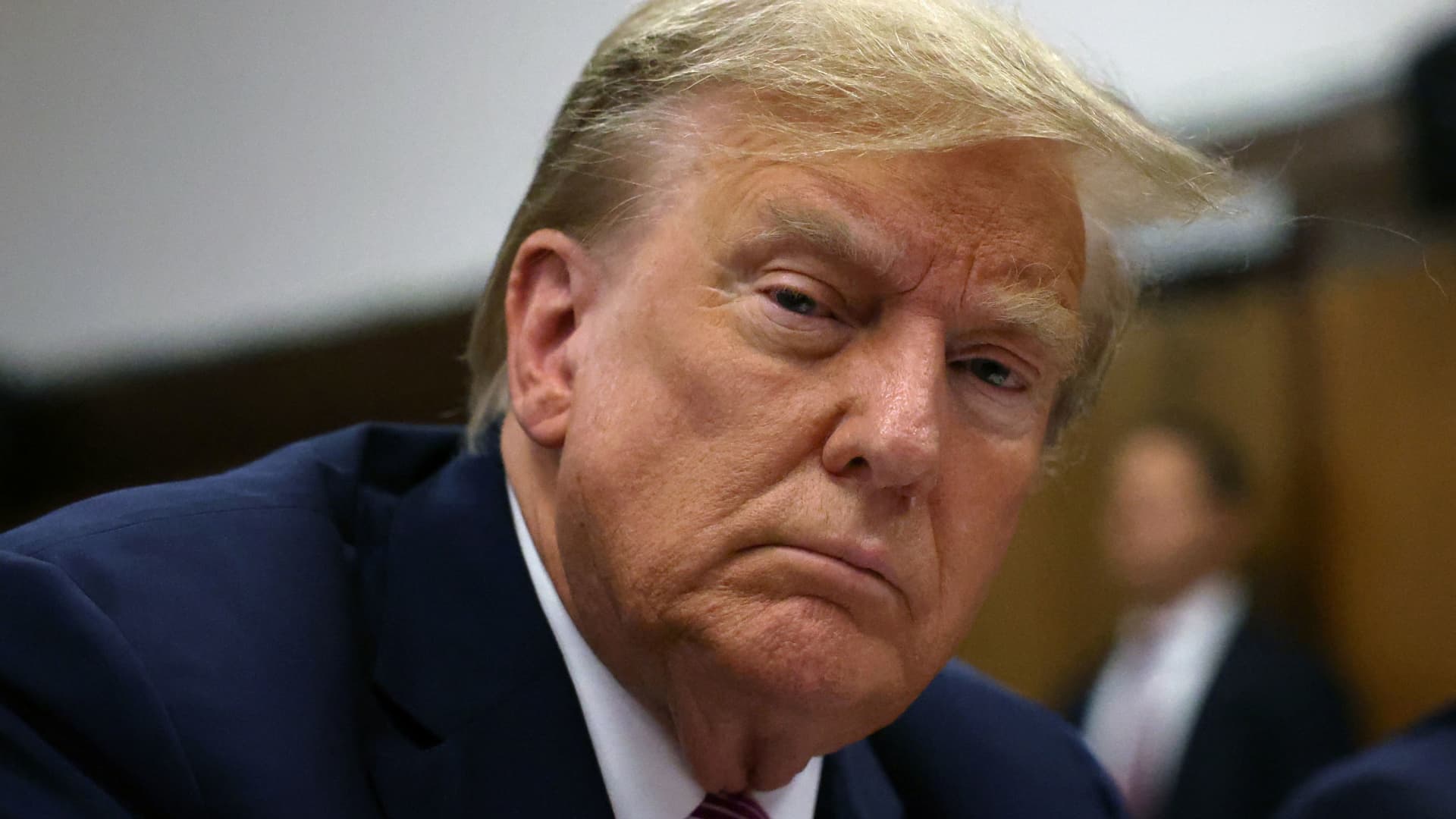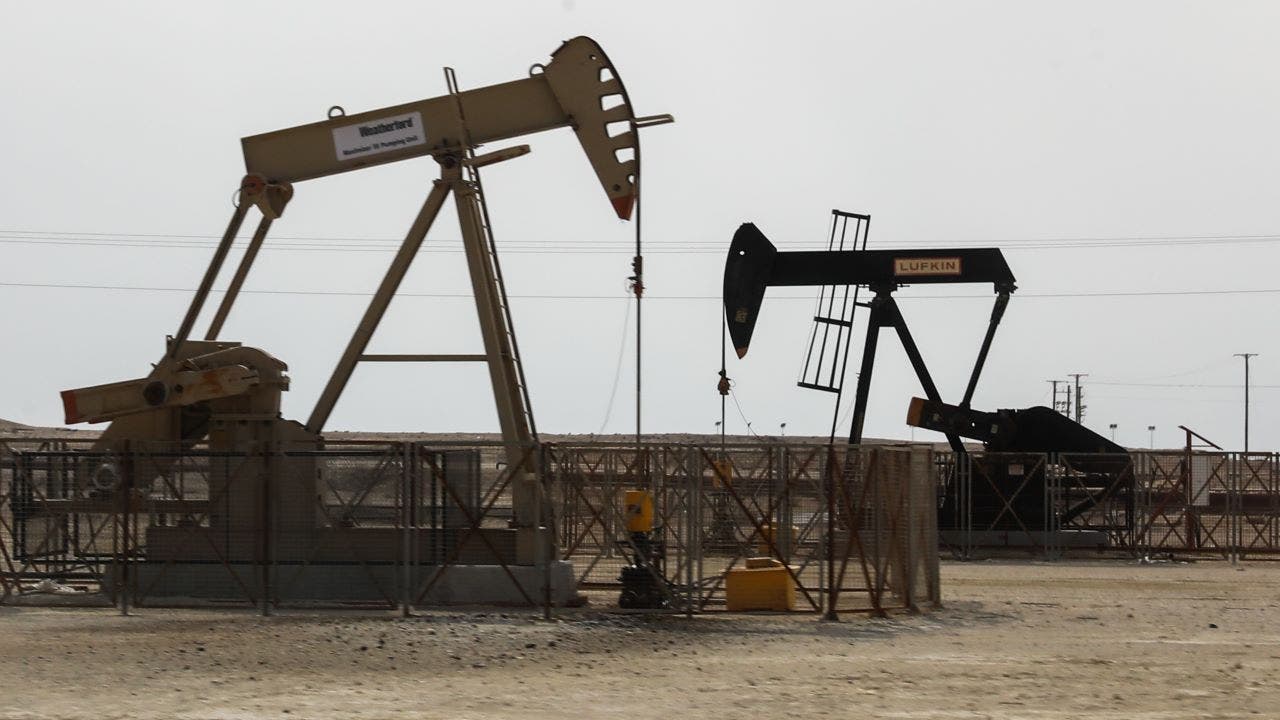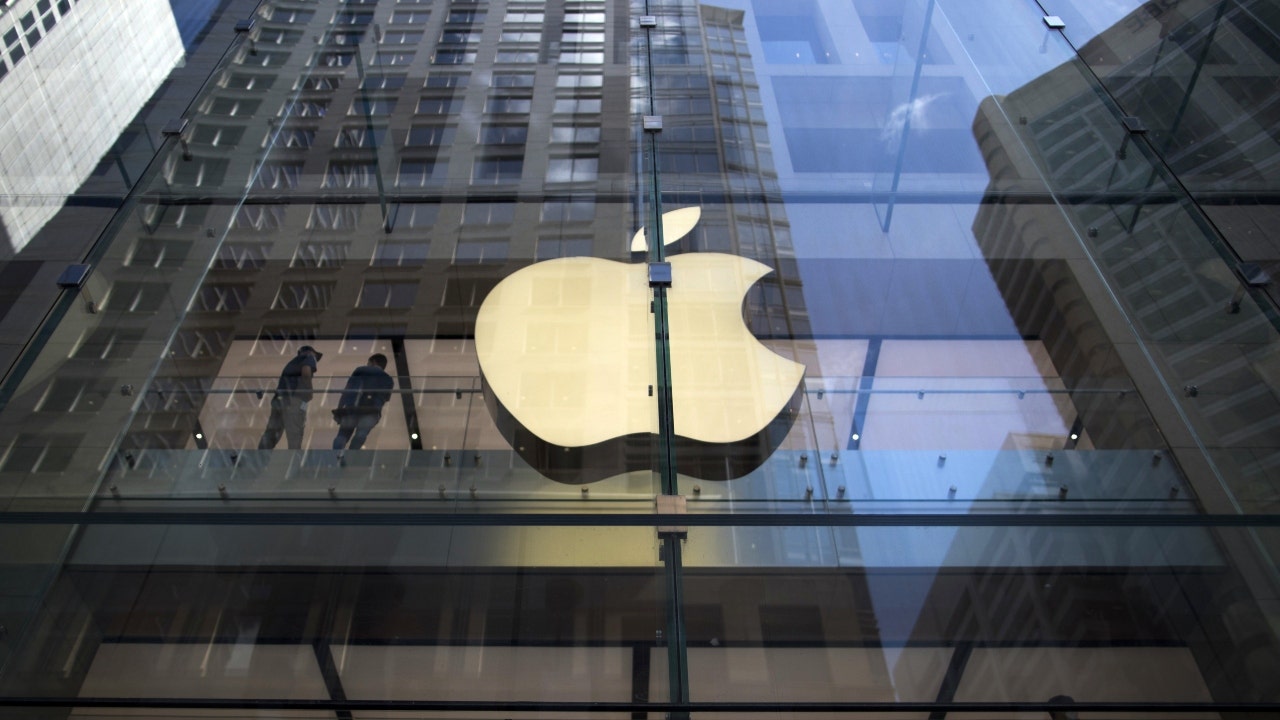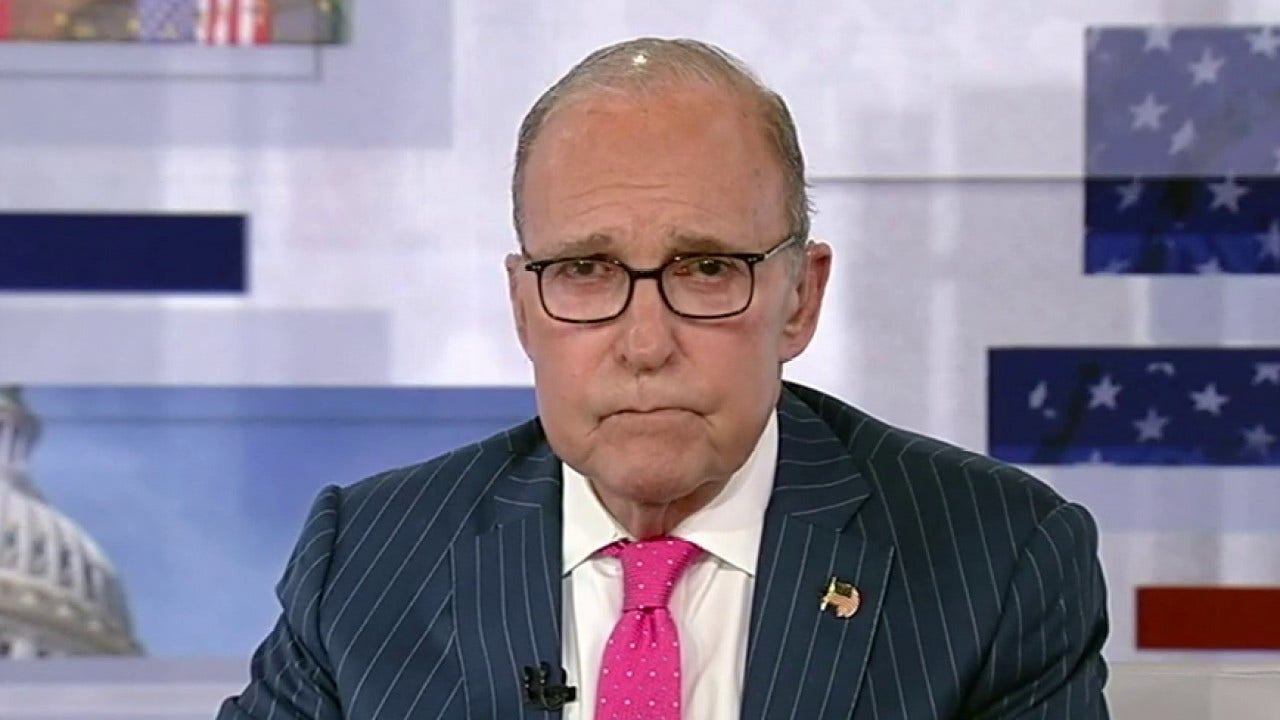Oil prices are expected to rise when markets open on Monday following Iran’s attack on Israel over the weekend after they reached a six-month high on Friday, according to analysts who noted that Israel’s response
Iran launched over 300 drones and missiles at Israel from Iran, which the Israeli Defense Forces repelled the bulk of with assistance from the U.S., France, Jordan and the United Kingdom. The IDF said that only a “few” missiles and drones entered Israel and caused “minor damages” at the Nevatim Airbase.
Iran’s attack comes weeks after Iran blamed Israel for an attack on the Iranian consulate in Syria, which killed a top commander of the Iranian Revolutionary Guard Corps’ overseas Quds Force. It’s the first time Iran has launched strikes on Israel despite more than four decades of hostilities between the two countries.
Concerns about Iran’s retaliation against Israel pushed oil prices to their highest level since October last week, with the global benchmark Brent crude oil reaching $92.18 a barrel on Friday before settling up 71 cents at $90.45 a barrel that day. U.S. West Texas Intermediate crude futures rose by 64 cents to $85.66 a barrel.
BIDEN CALLING FOR G7 MEETING IN RESPONSE TO IRAN’S ‘BRAZEN’ ATTACK
“It is only reasonable to expect stronger prices when trading resumes,” Tamas Varga of oil broker PVM told Reuters. “Having said that, there has been no impact on production so far and Iran has said that ‘the matter can be deemed concluded.'”
“However fierce and painful the initial market reaction will be, the rally could prove to be short-lived unless supply from the region is materially disrupted,” he added.
Leaders of the Group of Seven major economies condemned Iran’s attack and reaffirmed the G7’s commitment to Israel’s security during a meeting on Sunday about the situation, the White House said in a post on X. A senior Biden administration official said the G7 leaders discussed sanctions against Iran.
WORLD LEADERS COLLECTIVELY CONDEMN IRAN’S ‘RECKLESS’ ATTACK AGAINST ISRAEL: ‘WE SUPPORT ISRAEL’
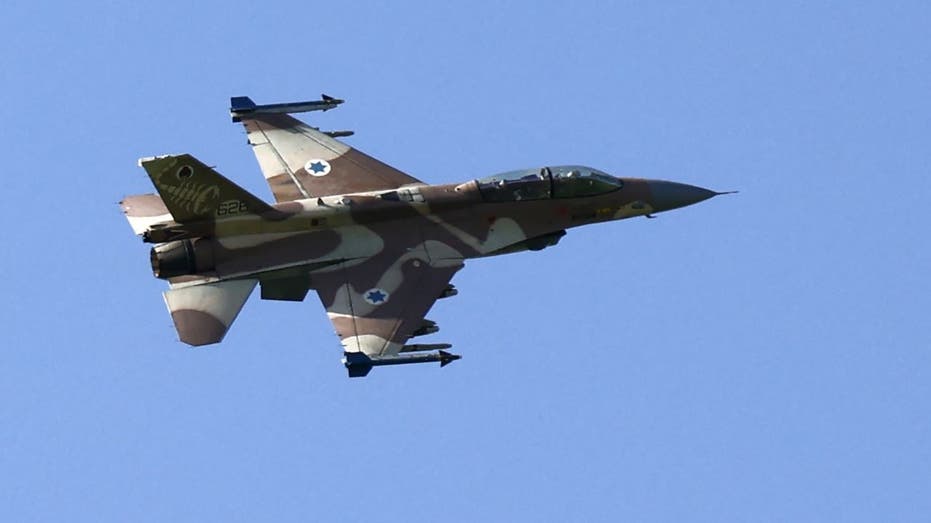
“The key is whether Iran will consider this retaliation a measured and final response, unless Israel decides to escalate,” Brian Jacobsen, chief economist for Annex Wealth Management, told Reuters.
“In 2020, Iran considered its response to the U.S.’s killing of General Soleimani in a measured and equitable response. If it stays tit-for-tat instead of escalating, then we will likely see a sigh of relief across equities even if oil prices, gold, the dollar and bonds all embed a risk premium to reflect the conflict,” Jacobsen added.
Iran has steeply raised oil exports, its main source of revenue, during the Biden administration after they were severely reduced due to measures taken by the Trump administration.
HOW CAN ISRAEL RESPOND TO IRAN’S BRAZEN ATTACK?

The White House has argued it isn’t encouraging Iran to raise exports and is enforcing sanctions. Lower Iranian exports would lead to a further rise in oil prices and the cost of gasoline in the U.S., which would be a politically sensitive issue ahead of this fall’s presidential elections.
Potential impacts on the shipping transiting through the Strait of Hormuz, a chokepoint for about one-fifth of the world’s total oil consumption, will also factor into markets’ pricing.
The commander of Iran’s Revolutionary Guard’s navy said on Tuesday that Iran could close the strait if deemed necessary, and earlier on Saturday Iran’s state-run IRNA news agency said an IRGC helicopter boarded a vessel, the Portuguese-flagged MSC Aries, and took it into Iranian waters.
“Crude prices already included a risk premium, and the extent to which it will widen further almost exclusively depends on developments near Iran around the Strait of Hormuz,” said Ole Hansen at Saxo Bank.
Reuters contributed to this report.
